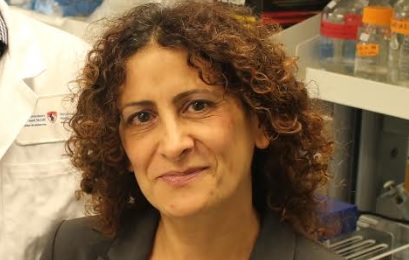
Scientists have puzzled over human pregnancies with no embryos since the time of Hippocrates, says scientist Rima Slim and now, she and other Canadian researchers have found three genes responsible for these so-called molar pregnancies.
Searching for a genetic connection
In the province of Quebec, molar pregnancy occurs in about one in 600 pregnancies. Half have an abnormal number of chromosomes, the others have none at all. In all cases, the pregnancy must be terminated because it does not produce a viable fetus.
Slim, a researcher at the Research Institute of the McGill University Health Centre, and her team knew that many women who had one molar pregnancy subsequently had miscarriages alternating with repeated molar pregnancies and they wanted to find genes that were responsible.

Researchers want to know more about the genetic links to fetal loss. (iStock)
Few genes so far linked to fetal loss
“It’s very important because we know very little about the genetic causes of all forms of fetal loss. And there are few genes that are known now, so our finding will add three more genes to the short list of existing genes that cause various forms of fetal loss,” she says.
Women face cancer risk
The discovery means that women who have a molar pregnancy can be tested for the genes and offered counselling, perhaps choosing to get pregnant with a donated egg instead of their own. The detection can also be important because 15 to 20 percent of women who have molar pregnancies may develop a rare form of cancer and require chemotherapy.
The study was published in The American Journal of Human Genetics.



